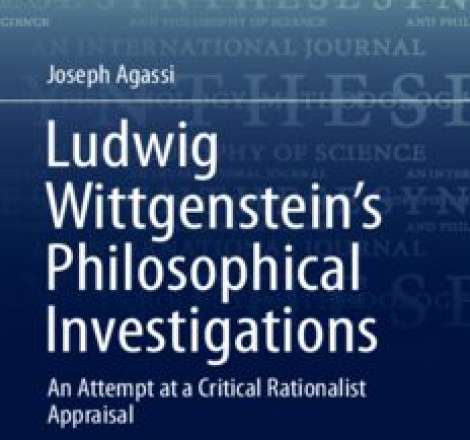

Wittgenstein was born in 1889 to a large Viennese family. Monk does this expertly– no small accomplishment, because for Wittgenstein all three of these aspects are so complex. This is the challenge of any biography, I suppose: to balance the cultural and historical background of a person’s age with the personal and emotional foreground of the individual’s own psyche and link this to an understanding of how a person creates or does whatever it is that makes her or him worthy of having a biography written. Monk paints a vivid portrait of Wittgenstein as an individual and as a philosopher. Monk’s authoritative biography seemed the place to begin. It was my recent re-reading of Logicomix that spurred me to learn more about Wittgenstein himself. Wittgenstein also shows up as a peripheral character in Logicomix, a wonderful graphic novel on the intersection between mathematics and philosophy in the first half of the twentieth century, which I reviewed here. I’ve never read his first and most well-known work, the Tractatus Logico-Philosophicus, but I know something of its influence through a course on the Vienna Circle, the inter-war group of European philosophers who left their indelible mark on modern theorizing regarding science and language.

Ludwig Wittgenstein is widely regarded to be the most influential philosopher of the twentieth century.

As he put it, “To show the fly the way out of the fly bottle”.How did he think language could solve all the problems of philosophy? How have his ideas influenced contemporary culture? And could his thought ever achieve the release for us that he hoped it would?With Ray Monk, Professor of Philosophy at the University of Southampton and author of Ludwig Wittgenstein: The Duty of Genius Barry Smith, Lecturer in Philosophy at Birkbeck, University of London Marie McGinn, Senior Lecturer in Philosophy at the University of York.Ludwig Wittgenstein: The Duty of Genius by Ray Monk Wittgenstein stated that his purpose was to finally free humanity from the pointless and neurotic philosophical questing that plagues us all. I met him on the 5:15 train”.Wittgenstein is credited with being the greatest philosopher of the modern age, a thinker who left not one but two philosophies for his descendents to argue over: The early Wittgenstein said, “the limits of my mind mean the limits of my world” the later Wittgenstein replied, “If God looked into our minds he would not have been able to see there whom we were speaking of”.

There is little doubt that he was a towering figure of the twentieth century on his return to Cambridge in 1929 Maynard Keynes wrote, “Well, God has arrived. Melvyn Bragg and guests discuss the life, work and legacy of Ludwig Wittgenstein.


 0 kommentar(er)
0 kommentar(er)
